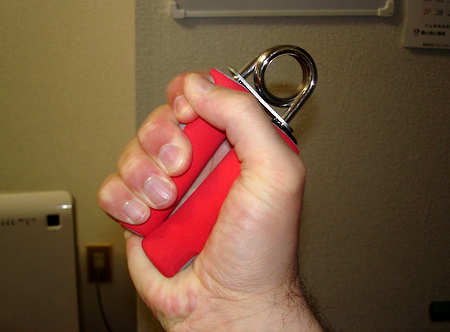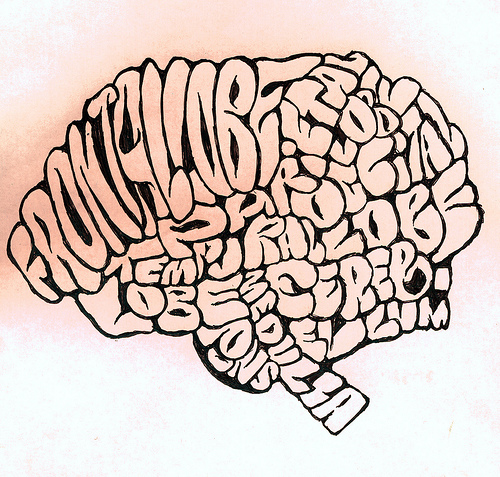
I’ve extolled the virtues of mindfulness here on LucReid.com in a number of articles, such as “A Very Clear Example of the Power of Awareness” and “Mindfulness and Deer Flies.” A 2011 article by Hugo Alberts, Carolien Martijn, and Nanne deVries in the Journal of Experimental Social Psychology (“Fighting self-control failure: Overcoming ego depletion by increasing self-awareness“) offers some insight on why and how mindfulness–specifically self-awareness (which we might also call “mindfulness of self”)–may aid willpower.
You may well have heard the ideas of Dr. Roy Baumeister and others, who describe willpower as being a resource that can be used up. Although this idea is popular, I’m inclined to think it’s off the mark: some of the concerns are described in my article “The Debate Over Whether Willpower Tires Our Brains.” Alberts, et al’s work seems to support the idea that willpower isn’t used up so much as misplaced.
In their study, the authors had participants work at a task that required willpower: holding an exercise handgrip closed for as long as they could. They would test a subject with this task once, then have them perform a slightly tedious task or else a highly annoying task that according to previous research should cause them to have reduced willpower on their next attempt. However, before that second attempt, they had one group unscramble sentences with the word “I” in them and another group unscramble sentences about other people, reasoning that the people who unscrambled the “I” sentences would think more about themselves–i.e., be more self-aware.
What happened? The group that unscrambled sentences about other people, as expected, had reduced willpower on their second attempt in holding the handgrips–the normal result. The group with the “I” sentences, however, did just as well as they had the first time: their willpower wasn’t diminished.
How cool is that? Paying attention to yourself, it appears, can help you maintain willpower. This is good news in situations, like dieting, where exercising willpower repeatedly is essential.
Thanks to Dr. Art Markman, whose post about this study brought it to my attention, and Vince Favilla for tweeting about that post.
Photo by _ado



